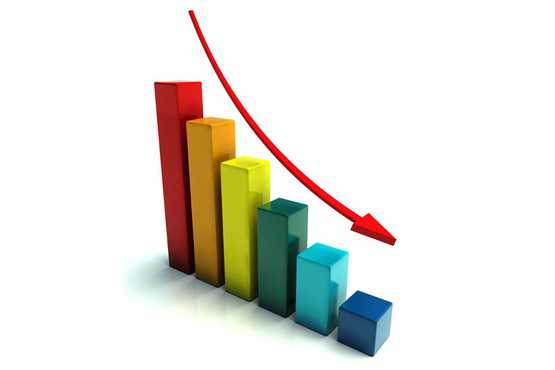The Moroccan economy is expected to contract by 5.8 percent due to the negative effect of the COVID-19 pandemic and drought, the Minister of Economy, Finance and Administrative reform, Mohamed Benchaaboun, said Monday.
Speaking to a parliamentary committee, Benchaaboun said the finance law for the year 2020 was expected to achieve a growth rate of 3.7 percent and a budget deficit of 3.5 percent of GDP. As such, Morocco will lose 100 billion DH of GDP, which translates into the loss of 1 billion DH for every day of lockdown.
The Minister indicated that the majority of sectors linked to global value chains recorded an estimated decline of -50 percent in added value for tourism instead of -20 percent, -12 percent for the transport sector instead of -9.6 percent, and 9.1 percent for trade instead of -8 percent.
With regard to the financing of the economy, he reported an acceleration of bank credits due to an increase in credits to private non-financial companies, particularly in relation to the use of financing resources by companies affected by the crisis.
As for the evolution of lending rates, the overall weighted average rate continued its downward trend in the second quarter of 2020, recording a quarter-on-quarter decline of 29 basis points to 4.58 percent.
The labour market, the main provider of household income, was severely affected by the negative fallout from the crisis. It has lost 589,000 jobs, including 520,000 in rural areas and 69,000 in urban areas, compared with an average annual creation of 64,000 jobs over the last three years.
In this context, the Minister noted that on average 10,000 jobs were lost per day during the lockdown. Under these conditions, the unemployment rate reached during the second quarter of 2020 an historical peak, since 2004, of 12.3 percent, an increase of 4.2 points compared to the previous year. A percentage that could unfortunately reach 13 percent at the end of this year.
As for the implementation of the 2020 Finance Law during the first six months, the Kingdom’s treasurer indicated that the evolution of expenditure and ordinary revenues resulted in a negative ordinary balance of nearly 16 billion DH at the end of August, against 12.9 billion at the end of July, reflecting an acceleration in the rate of implementation of ordinary expenditure compared to that of revenue.
Regarding capital expenditure, they reached 39.9 billion DH, corresponding to a rate of achievement of 56.4 percent, or 4.7 percent compared to the same period of 2019.
HA/lb/abj/APA


